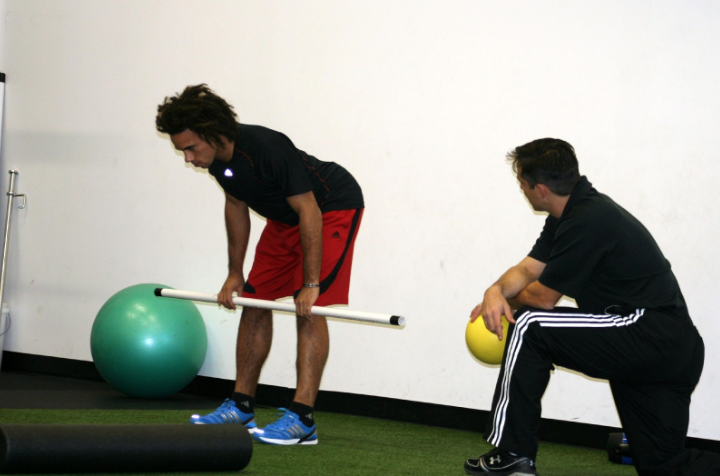
26 Aug Advice to New Strength Coaches: Entitlement Will Kill You
Are you a new strength coach who preaches the process to athletes, yet you fail to embody it yourself?
Are you a new strength coach who rolls his eyes at the thought of training a 6th grader?
Are you a new strength coach who wants to work with professionals in year one?
Are you a new strength coach who wants “his own thing” and economic stability, yet doesn’t give his first senior citizen client his all?
Are you a new strength coach who dreams of $10,000 a month online, yet doesn’t have one single in-person client?
Excuse the cacophonous tone off the bat, but ya’ll are downright whack. Entitlement runs rampant in the strength and conditioning industry, and I blame it on the quick fix, overnight success, and lack-of-any-real-consistency culture nowadays.
Truthfully, it will kill you.
Maybe you just received your Master’s Degree in Exercise Science. Maybe you just switched careers from investment banker to strength coach. Or maybe you attended a FRC course and believe you can heal an athlete’s hip avulsion fracture with your newly, fairy dust sprinkled hands. Or maybe you passed your certified strength coach exam and added CSCS to your Tinder profile.
Like Kanye grabbing the mic from Taylor Swift, let me interrupt:
“I’mma let ya’ll finish with the degrees and certifications, but the best strength coaches of all time put in the work.”

Expounding further, they never had a bitter taste of entitlement in their mouths. Even when they started with that first client, they showed up at 4:50AM for a 5:00AM session at a commercial gym on a Monday morning and brought the energy for a 70-year old who wanted to have less cranky hips.
Even when their business was stalling, they persisted with their current clients and coached the crap out of them to get them results.
Even when their friends were partying on the weekends, they scheduled Saturday and Sunday morning sessions with a smile on their face and went to work after a good night’s rest.
Even when they struggled to make rent and ate ramen noodles every day, they stuck with the profession because of their genuine passion to coach.
Adding on, if you’re in your first few years and sticking your nose up like a hotshot d-bag at the thought of coaching on the weekends, and not being able to go out to bars, you won’t last.
Alas, I digress.
The worst part of being an entitled strength coach is it conveys a message that is out of alignment of what you value.
And if you’re a talented coach like the rest of us, you value consistency, perseverance, and an insatiable desire to take on challenges. Moreover, you want to permeate this mindset onto your athletes.
So. Don’t complain about your lack of clients and slow career success. Take action and set the example. Oh, and be patient.
I promise you, if you put your face in the ground and get to work for years, the results will be nothing short of amazing. And then maybe, just maybe we can talk a $60K salary with health benefits, a retirement plan, and work-life-balance.
But hey. Even when you do “make it,” balance proves to be a myth. For as long as you’re coaching and mastering your craft, you’re going to be leaning into consistency and grit for the length of your career. Truthfully, that’s what it takes to be the best at what you do.

Personally, I look back fondly on the days when I had just two athletes starting out, and the trunk of my Honda was my facility – full of cones, soccer balls, ladders, and hurdles. Even though I had an itty bitty client book and no performance facility to work at back then, I was so incredibly grateful two people wanted to be under my soccer fitness guidance and meet me at a random high school field in Baltimore, Maryland.
Now fast forward seven years later, and here I am working at one of the best facilities in the world, and creating a massive impact in my area and across the globe. What’s funny is, I don’t take any of this for granted. Even now with hundreds of athletes to help in their development, I’m harder on myself than I’ve ever been, and still remain a constant student of soccer science and performance.
If I ever operated under the mindset of being above working with a beginner 12-year old with whacky ipsilateral gait patterns, I would’ve become a terrible coach and human being. Worse yet, I wouldn’t have been able to guide someone in their athletic development and help them reach their dreams.
Truthfully, I find it comical when new coaches want to immediately work with elite college athletes. If you are stalled by this fixed mindset, I have an idea: train your first middle schooler and turn them into an elite college athlete one day.
As an example, here’s one of my best college soccer athletes, Carly, who I started with when she was 12-years-old:
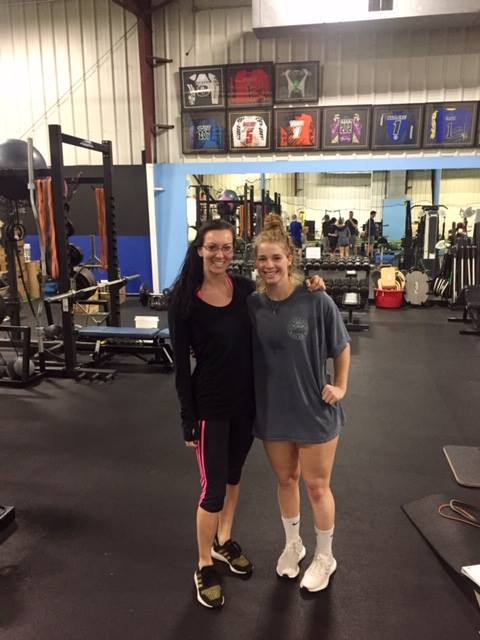
Coaching is a rewarding process – one that is as soul warming as being a parent to a child. We need more coaches who are genuine care bears for their athletes, and who lean into the long-term high performance process – not just from a safety and injury reduction standpoint, but from a performance enhancement and human development standpoint.
It’s been an oscillating seven years that haven’t been perfect, but I’m so grateful I committed to this career so I can help thousands of athletes become their best selves on and off the pitch.
In fact, this is just the beginning. I’m going to ride this rollercoaster until the wheels fall off, yo.
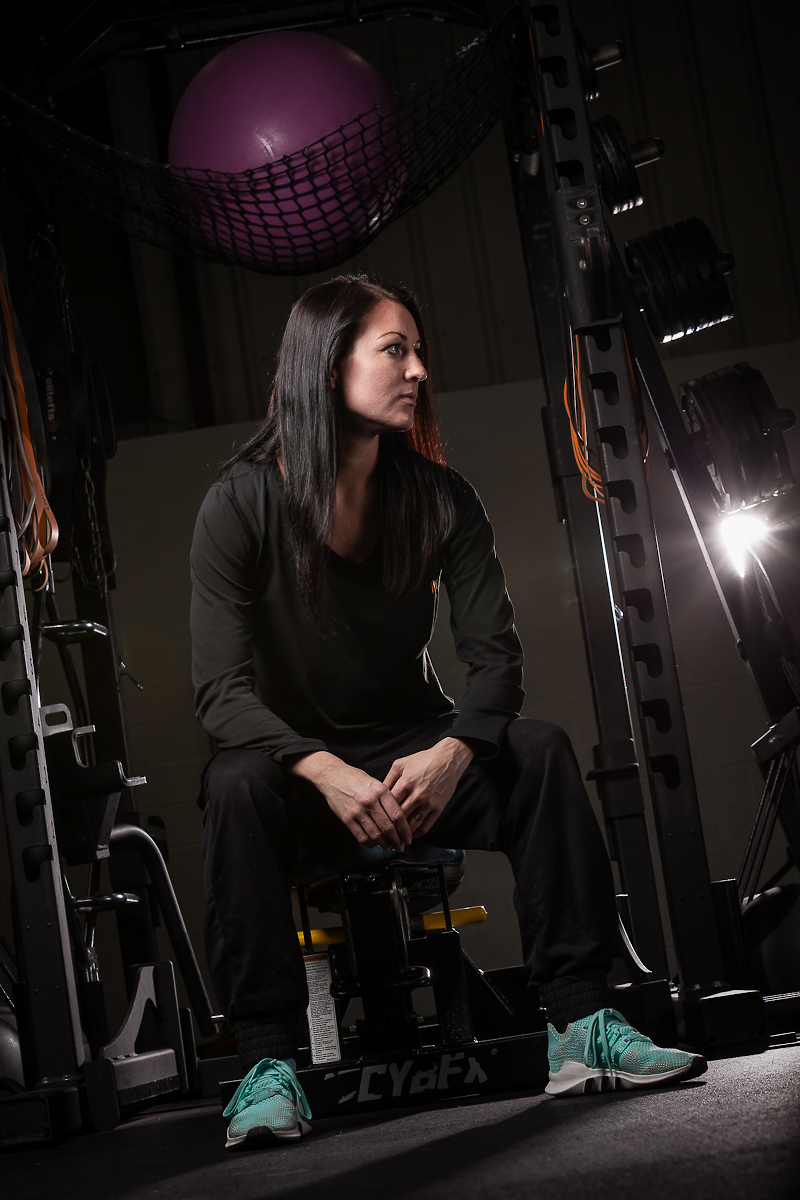
Alright, I’m done being verbose.
Joining me on this exuberant ride is Coach Dave Gleason who has a million times as much coaching experience as me. He is a facility owner who still coaches daily, speaks at seminars worldwide, and publishes articles on youth performance training. To say he has a lot of insights on what it takes to be successful in this industry, is an understatement.
So new coaches, listen up and get your notebooks ready. Take it away, Dave.
Thanks for the handoff Erica!
Your prelude was such a flashback to my baptism into the field. All I knew was that if I could cover rent and do what I loved I’d be happy as hell.
All potential earning aside, take it from someone who’s hired dozens and interviewed 100’s, the first thing to keep in check is one’s ego. As Erica eluded to, if you’re a new coach with an entitled attitude you’re gonna last just about as long as it takes for the door to hit you on the ass on your way out.
Between the two of us and our rather feisty language…I trust you get the point and we can move on to what you should do versus what you shouldn’t.
The easiest thing to remember and sometimes the most difficult thing to follow through with is that “It’s not about you, but it is”.
It isn’t about you and your accomplishments, athletic prowess in High School or College or your vast knowledge of biomechanics and kinesiology. IT IS ABOUT you and how you communicate with the athletes you are so blessed to serve on a daily basis.
What you do is 100% dependent on the needs of your clients and always is. Putting the focus on them takes the emphasis off of you, what kind of day you’re having or your own perceived energy level.
Bring the juice every day. Make every session memorable. Make every interaction remarkable. Make every interaction life changing.
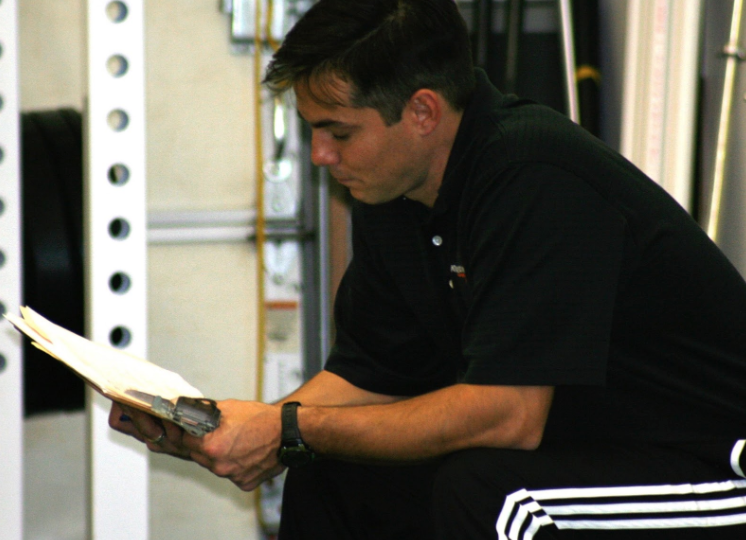
Be professional in every sense of the word. Do more than what’s asked of you. We tell our athletes to be the first one in, last one to leave. We advise them to pick up the equipment without being asked after practice when they’re trying to make a team. We implore our athletes to be the best versions of themselves. Do the same.
You are in the SERVICE INDUSTRY. The onus is on you to serve others first. A true professional understands that if you help enough people get what they want, you’ll get what you want…paraphrasing Zig Ziglar of course.
The way you dress (if there’s no dress code), the way you carry yourself, the manner in which you speak to people ALL matters. No one wants to be coached by an unprofessional know-it-all that can’t communicate well.
Being professional in some aspects means doing the things you don’t want to do now, in order to do what you really want to later. Some of the most famous, most respected and most notable strength coaches in the world began their career by training teams or individuals for little or no money. Their focus was on being a professional coach and student of our trade, and each will say they still are today.
Respect the colleagues around you and learn from them. The attitude you have toward the other coaches you work with will be a great indicator of how you will treat your athletes. This isn’t about tolerance. This is about you understanding that no one is beneath you.
You can learn from anyone as long as you are open to it. Be a professional observer and know that there are differences in opinion, programming choices and execution in our industry. You have every right to disagree. Being disrespectful is intolerable. In fact, if you want to be considered a top-notch coach, make those around you better versus cutting them down.

Be more interested than interesting. Unless your story has a direct impact on the ability of your clients to understand and utilize what your say to be better – keep it to yourself. They aren’t training with you because you were an All-American. Your clients don’t care that you had the biggest deadlift in High School. Your athletes certainly don’t care about your Master’s Degree.
You might as well attempt to impress them based on the fact you were a 6th grade all-star.
Athletes care about getting faster, strong and being able to perform on the field. Period. You will earn their trust because of who you are and how much you care about their success – one session at a time.
Ok folks, this short narration is just a taste of what you should inherently know, believe and breathe. Hopefully you have some insight or even reminders of what it takes to be successful as a Strength Coach or any other profession. Keep striving to be your best and make the sports performance industry proud.
If all of this seems redundant or rudimentary to you…congratulations, you probably have what it takes to be a coach that will impact hundreds of lives on and off the field.
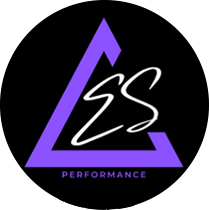

Jana Nysten
Posted at 22:34h, 29 AugustDid you watch “basketball or nothing” on Netflix? Just a recommendation – it is such a good show about youth sports that makes you think so much about stuff – ncluding (lack of) motivation, privilege, entitlement, height (basketball, but strength in soccer) and many more… Plus – though I am not into basketball that much – it is super exciting! Suggestion for your kids… I’d have mine watch it.
erica
Posted at 23:00h, 29 AugustJana, no I have not! But now that you mention it, sounds awesome! Thank you so much for the rec!